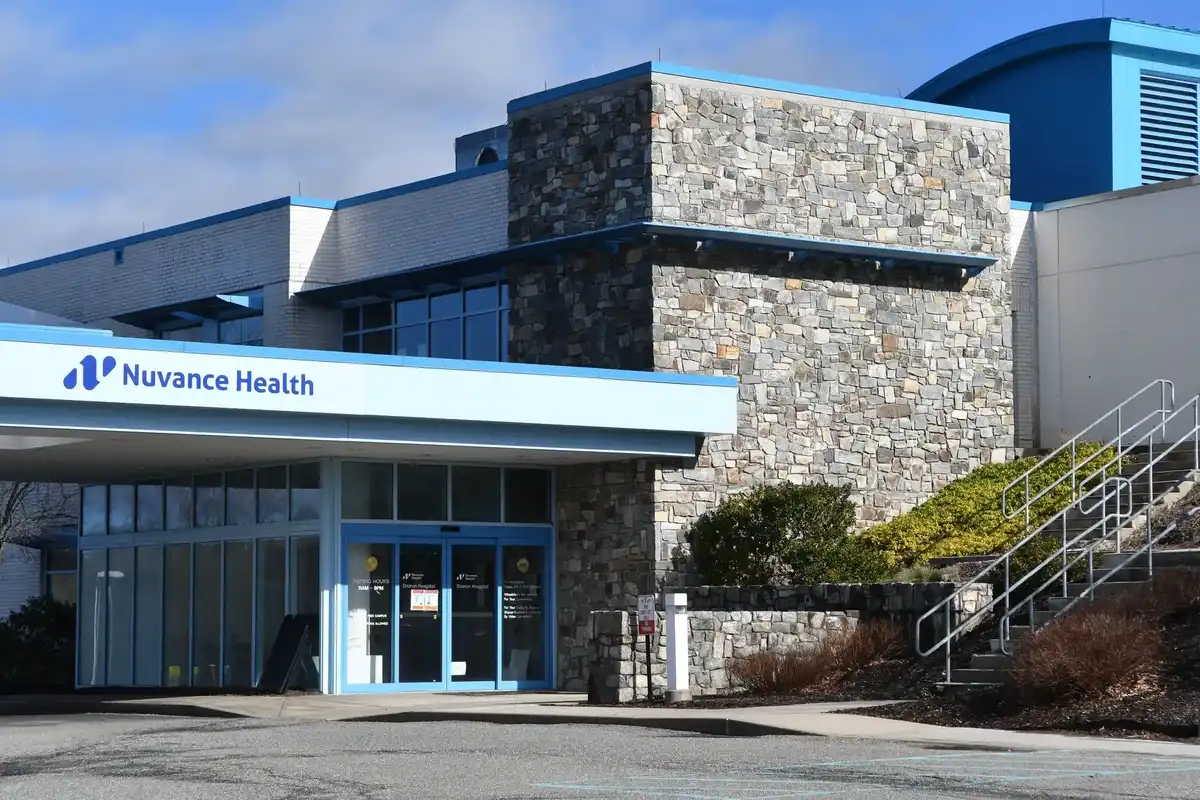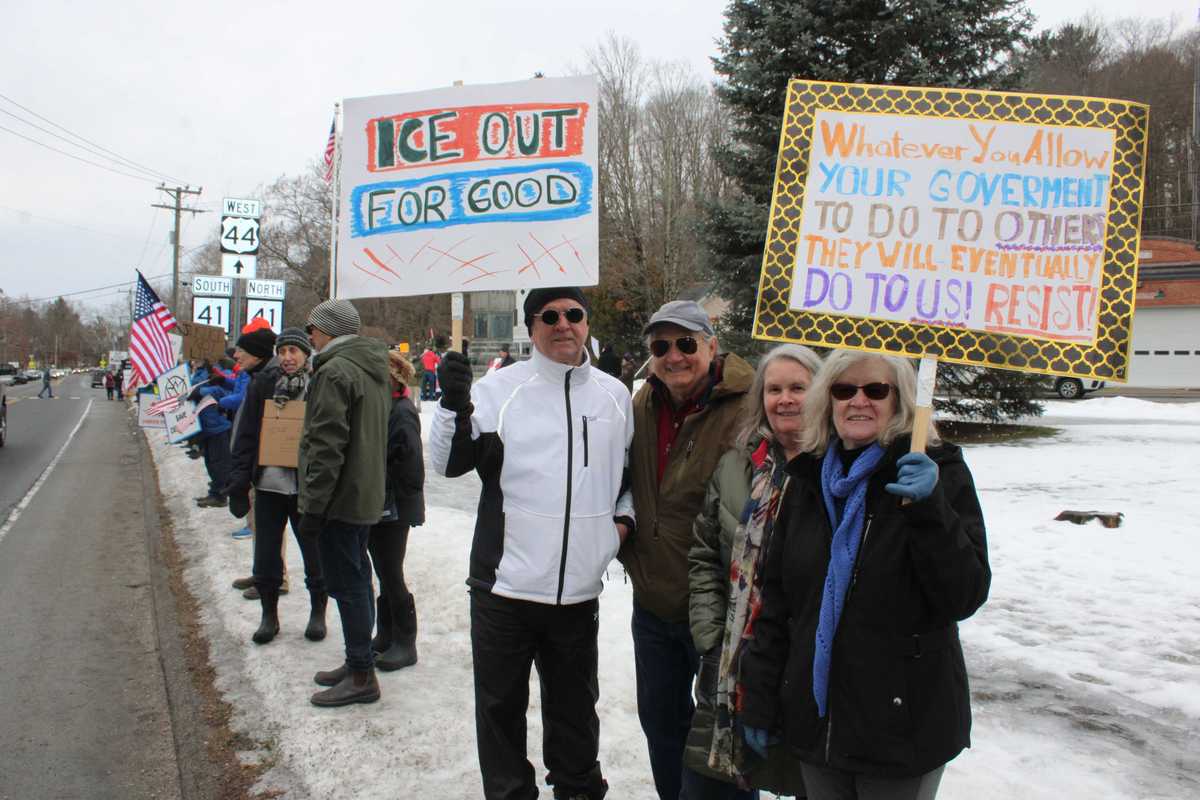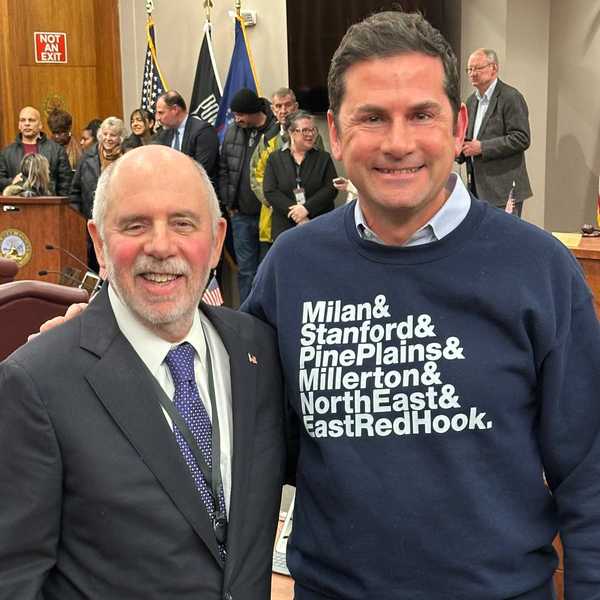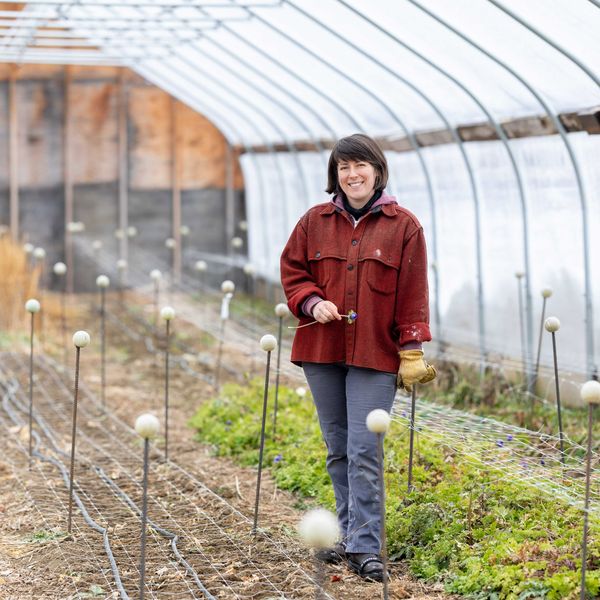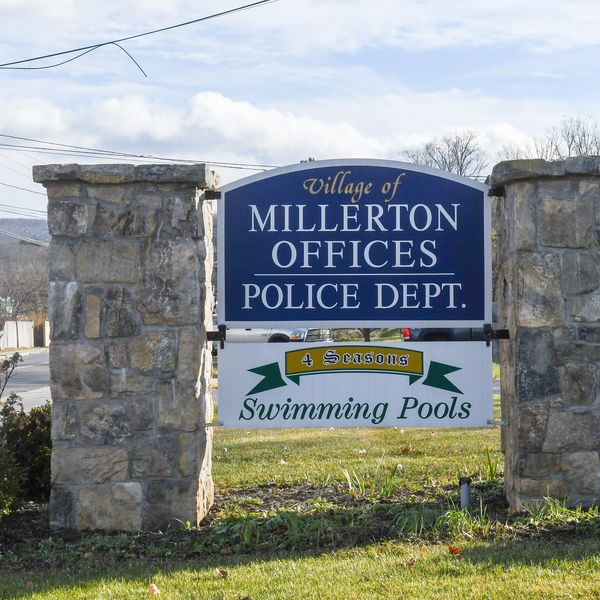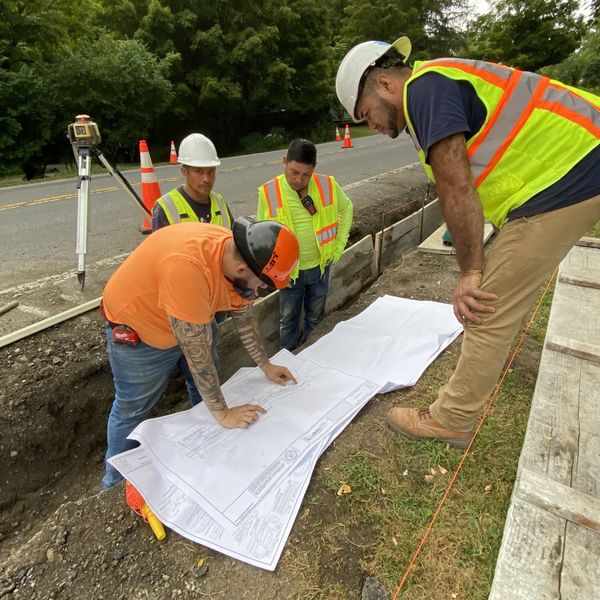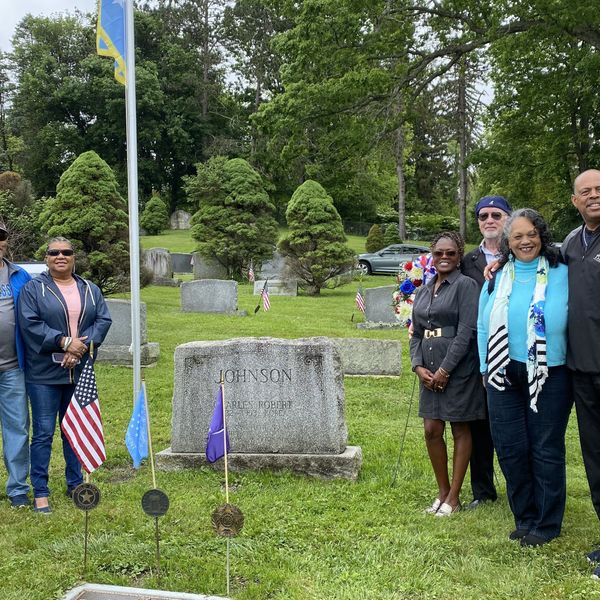Latest News
Edward Aparo
Jan 16, 2026
Edward Aparo
Edward Aparo
Edward Aparo passed away peacefully at his home on January 7, 2026 surrounded by his loving family.
Edward was born on May 10, 1936 in New Britain, CT. He was the beloved son of the late Anthony and Rose Valenti Aparo and attended New Britain schools. On April 7, 1958 Edward married his school sweetheart Jean Ackerman beginning a devoted marriage that spanned 67 years. Together they built a life rooted in family, hard work and love.
Edward began his career working in the family business, Aparo’s Electric Motor Service Inc. where he learned the trade alongside his father. Following his father’s passing, Edward became the owner of the business, carrying on the family legacy with dedication and pride. Edward is survived by his loving wife Jean Ackerman Aparo, his sons Stephen Aparo and his wife Marie of New Britain, CT and Craig Aparo and his wife Valerie of Naples, Fl, his sister Arlene Aparo StGermain and husband Joseph of Hobe Sound FL and his cherished grandchildren Danny Aparo and wife Nicole, Tyler Aparo and Morgan Wilson and Jared Aparo all of New Britain.
Services with be private.
Keep ReadingShow less
Ariel Yotive portions out dough for baked goods to be sold at Vitsky Bakery in Wassaic. Yotive has been baking since she was a child helping in her father’s Illinois-based Quality Bakery.
Langdon Speers
WASSAIC — Ariel Yotive has a motto, “Work with what you’ve got.” Her unique Vitsky Bakery in Wassaic has the fruits of that motivation flying off the shelves.
Literally, during apricot season, one of her neighboring farm orchards may be harvesting fresh-off-the-tree fruit that is transformed into danishes. Local hives supply honey for Cream Buns with White Chocolate or a Ricotta Custard with a chunk of honeycomb floating in the middle. “I use what is around,” said the baker.
At Vitsky Bakery, Yotive’s approach has become a defining philosophy. Working closely with nearby farms, beekeepers and gardeners, she creates a constantly shifting menu shaped by the season, surplus and chance, turning overlooked or fleeting ingredients into inventive pastries that have made her Wassaic bakery a destination for locals and weekend visitors alike.
Yotive wanted to be a baker since she was five and has a video of her vowing to do it way back when. Working beside her grandfather in Illinois at his Quality Bakery, she learned to make bread — and still has his recipes and notes — but got started out in the food trade roasting whole animals and cooking everything in a resort camp in Patagonia.
After a stint at Bard College from 2006 to 2010, she worked at Troutbeck in Amenia and fell in love with the Oblong Valley, where today she has created a warm, sun-splashed mecca for baked goods of all sorts.
Vitsky Bakery is located at the south end of Wassaic’s Main Street, nestled in front of the Metro-North railroad, which flies by behind the counter, and an atmospheric creek that burbles along with its otters and snapping turtles.
There are chairs outside and picnic tables to sip coffee and tea, and even on a brisk, snowy day, a family munched pretzel scones and traditional hot cross buns. Yotive is still working on getting a café inside.
Yotive’s workday starts at 1:30 a.m., baking bread and proofing yeast. Dozens of muffins take three to four hours, and some mornings in the winter she has to shovel snow. She opens at 8:30 a.m. every Friday, which includes a challah bread special, and on Saturday and Sunday, which feature the big hits: cardamom buns and bialys.
The baker describes her style as rustic with viennoiserie and “Frankenstein” touches — meaning she puts together unlikely components. One morning she made croissants that didn’t work out. Rather than trash them, she repurposed them as her famous and madly popular Walnut Croissants, cut in half and rebaked after being filled with walnut frangipan. “I bake what I want and what is local,” she said, avoiding ingredients like lemons which don’t grow in these parts. “I’ve learned to let go of expectations.”
If a local grower’s garlic bulbs are too small for market, they become sandos, Yotive’s name for sandwiches, with zucchini from an overflowing nearby garden combined into Goat Cheese Danish/Beet Lettuce with HBE’s (Hard-Boiled Eggs), a sandwich that Yotive said started as a joke and later became a regular offering.
A bumper crop of rhubarb became Sugar Twists and Raspberry Rhubarb Cobbler. Any flowers of the week adorn Elderberry Custard Buns, Apple Rose Scones, Winterberry Pastries, and Wildflower Honey Twists. Local syrup becomes Maple Custard Pie.
Yotive’s partnership with local organic farms and neighbor-sourced ingredients has created a network of local businesses that help support one another. Part of her philosophy is to be part of the community and bring people together. Yet long hours and driving from farm to farm to collect ingredients takes its toll. “It’s hard to have a social life and a family when you work from the middle of the night to late afternoon, instead of 9 to 5.”
Using fresh also requires long hours preserving and freezing the fruit or vegetables of the moment. Tomatoes later become fabulous Focaccia Slices, bottled jams, or herbs turned into Cheddar Dill Biscuits. She also has “regular” bakery items like chocolate croissants, cookie boxes, sunflower bread, babka, honeyoat rye and even gluten-free options.
Yotive said she tries to allow her brain to combine what is immediately available with a standard item. This produces her Brown Butter Apple Custard, which goes beyond the bakery status quo. “I like to punch it up, try the exotic, and go beyond food culture,” she said, mentioning her Earl Gray Buns.“I try to utilize what I have.”
Walk-ins account for 90% of her sales, with a steady stream of customers through the day, but she also sells online. Yotive doesn’t make cakes to order but she said customers are glad to accept whatever she has available.
And as for the name? Ariel Yotive’s grandfather dropped the “Vitsky” from the family name “Yotvitsky” so his Quality Bakery didn’t sound too "un-American," Yotive said. Ariel has picked it up and run with it. Her outpost of inventive and enticing baked goods must be visited to be appreciated, an experience best summed up by one customer who bought for his family one of everything that was left. He absentmindedly bit into something he just purchased without knowing the clever name, or the unexpected ingredients, only the flavor that turned his face to joyous wonderment.
Keep ReadingShow less
Dr. Mark Marshall, an internist at Sharon Hospital, said, “The statistics suggest it’s the worst flu season in 30 years.”
Photo by Bridget Starr Taylor
A severe and fast-moving flu season is straining health care systems on both sides of the state line, with Connecticut and New York reporting “very high” levels of respiratory illness activity.
Hospitals, schools and clinics are seeing a surge in influenza cases—a trend now being felt acutely across the Northwest Corner.
“The statistics suggest it’s the worst flu season in 30 years,” said Dr. Mark Marshall, an internist at Sharon Hospital.
According to the U.S. Centers for Disease Control and Prevention, respiratory illness activity is currently classified as “very high” in both Connecticut and New York. Emergency department visits for influenza are very high and increasing, the agency reported, while COVID-19 and respiratory syncytial virus (RSV) activity remain at low levels but are also trending upward.
Health officials say the holiday season created prime conditions for the virus to spread, as people gathered indoors in close quarters and traveled more frequently, increasing exposure and transmission.
Hospitals, schools, nursing homes and primary care providers across the Northwest Corner are also reporting unusually high flu volumes.
Dr. Sarah Humphreys, chief medical officer at Community Health and Wellness Center in North Canaan, said influenza has dominated patient visits since the holidays.
“We’re seeing a ton of influenza. People are coming in with body aches, fever, congestion and gastrointestinal issues,” Humphreys said.
She noted that clinicians are also seeing many infected children, particularly those connected to boarding schools. One private school in the region, she said, shut down prior to winter break after reporting more than 100 flu cases. “At boarding schools it spreads like wildfire.”
Sharon Hospital sees worst flu season in decades
At Sharon Hospital, emergency department physicians are reporting a sharp increase in influenza cases, with more patients requiring hospitalizations than in a typical winter.
Between Dec. 1 through Dec. 9, “Our emergency department saw 100 patients who tested positive for influenza A,” said Marshall. Of those patients, he said, 11 required hospitalizations.
The Sharon Hospital physician said clinicians have seen an uptick in flu cases since the COVID-19 pandemic eased, which he attributed in part to people becoming less vigilant about preventive measures such as staying home when sick, masking when appropriate and hand hygiene.
He also noted that a mutated strain of influenza A, H3N2 subclade K, which is associated with more severe illness, particularly among older adults and individuals with preexisting health issues, is contributing to higher hospitalization rates.
New York confirms regional surge
That local experience mirrors what health officials are reporting across New York.
The New York State Department of Health announced Jan. 2 that the state recorded the highest number of flu-related hospitalizations ever reported in a single week.
“We are having a more severe flu season than prior years,” State Health Commissioner Dr. James McDonald said in a statement. “Almost 12,000 more people were admitted to a hospital during this most recent seven-day period compared to the prior week.”
The department’s most recent data shows a total of 4,546 flu-related hospitalizations statewide, nearly 1,000 more than the previous week.
Marshall said the impacts of the flu season extend beyond Sharon Hospital and the Northwest Corner, with mounting pressure within the broader Nuvance/Northwell health network, underscoring the pace at which the virus continues to spread.
He described what clinicians refer to as “surging,” a rapid influx of patients arriving with respiratory illness, many of whom require hospitalization, which leads to backups as patients wait in emergency departments for inpatient beds.
“We’re seeing a little of that in Sharon, but at Vassar, they are seeing severe surging,” Marshall said, referring to Vassar Brothers Medical Center, a 349-bed, acute care hospital in Poughkeepsie.
Primary care clinics report heavy flu volume
The North Canaan Community Health and Wellness Center has been inundated with flu-infected children in recent weeks, and officials advise families to isolate sick children from older adults and others most at risk for serious illness.
The facility’s chief medical officer emphasized that clinicians continue to recommend the seasonal flu vaccine, despite misinformation suggesting this year’s vaccine is ineffective because it was distributed before the emergence of the H2N3 strain.
“The flu vaccine will decrease the severity of the illness. Unfortunately, it has not stopped spreading,” said Humphreys, who also advised people to protect themselves by wearing a mask in waiting rooms or while moving through health care facilities where the virus may be airborne.
Schools see absenteeism rise
Public and private schools across the region have also been affected by this year’s brutal flu season, particularly in the weeks leading up to the holiday break.
On Dec. 19, the last day before winter break “about 12 percent of the high school’s population, 39 students, were absent,” Nichols noted. Teachers, too, caught the flu, with about 36 staff members falling ill prior to the break.
However, once students returned to class after break, flu cases declined.
“When you don’t have 200 to 300 kids in the same space, you lessen the transmission,” said School Superintendent Melony Brady-Shanley.
“I wouldn’t be shocked if in the next couple of weeks to 10 days, between COVID, RSV and Flu, that the numbers go up.”
Brady-Shanley stressed the importance of keeping children home when sick until they are fever-free, and reinforced basic hygiene.
“If you can get kids to wash their hands three to four times per day, they are less likely to get sick.”
Keep ReadingShow less
Ed Sheehy and Tom Taylor of Copake, New York, and Karen and Wendy Erickson of Sheffield, Massachusetts, traveled to Salisbury on Saturday to voice their anger with the Trump administration.
Photo by Alec Linden
SALISBURY — Impassioned residents of the Northwest Corner and adjacent regions in Massachusetts and New York took to the Memorial Green Saturday morning, Jan. 10, to protest the recent killing of Minneapolis resident Renee Nicole Good at the hands of a federal immigration agent.
Good, a 37-year-old mother of three, was shot at close range by an officerwith Immigration and Customs Enforcement, commonly known as ICE, on Wednesday, Jan. 7. She and her wife were participating in a protest opposing the agency’s presence in a Minneapolis neighborhood at the time of the shooting.
The incident sparked protests and vigils nationwide, both in remembrance of Good and in opposition to what demonstrators described as a broader pattern of government overreach.
In Hartford on Thursday evening, Jan. 8, two vehicles that authorities believe were operated by ICE officers drove through a crowd that had gathered in memory of Good. Connecticut Public Radio reported that at least one person had been struck by the vehicles and that police are investigating potential charges.
In Salisbury, the protest unfolded calmly but with a palpable sense of urgency. Just before noon, roughly 160 demonstrators lined Route 44, holding signs and cheering as passing motorists honked their horns.
Organizer Sophia deBoer stood alongside her husband, Lee deBoer, and fellow activists Kathy Voldstad and Amy Lake to greet demonstrators as they arrived. Along with Al Ginouves, the group has organized weekly protests against the Trump administration since April 2025’s nationwide “Hands Off” movement.
“It’s time that people stood up to this lawless administration,” Sophia deBoer said as the crowd waved their signs.
Local immigrants’ rights advocate John Carter echoed that sentiment. “I need to put my body where my soul is,” he said.
Attendees cited a range of emotions for turning out, from anger and fear to cautious optimism
Joan Gardiner said it was “outrage and fear” that brought her to the protest, while Christine Clare said, “Being out here today, this makes me hopeful.”
Calls for justice dominated many of the messages displayed on protesters’ signs. Asked what motivated him to attend, Salisbury resident Louis Tomaino pointed to the words on his sign: “We all saw Renee Good murdered. And we all saw murder excused.”
Keep ReadingShow less
loading



